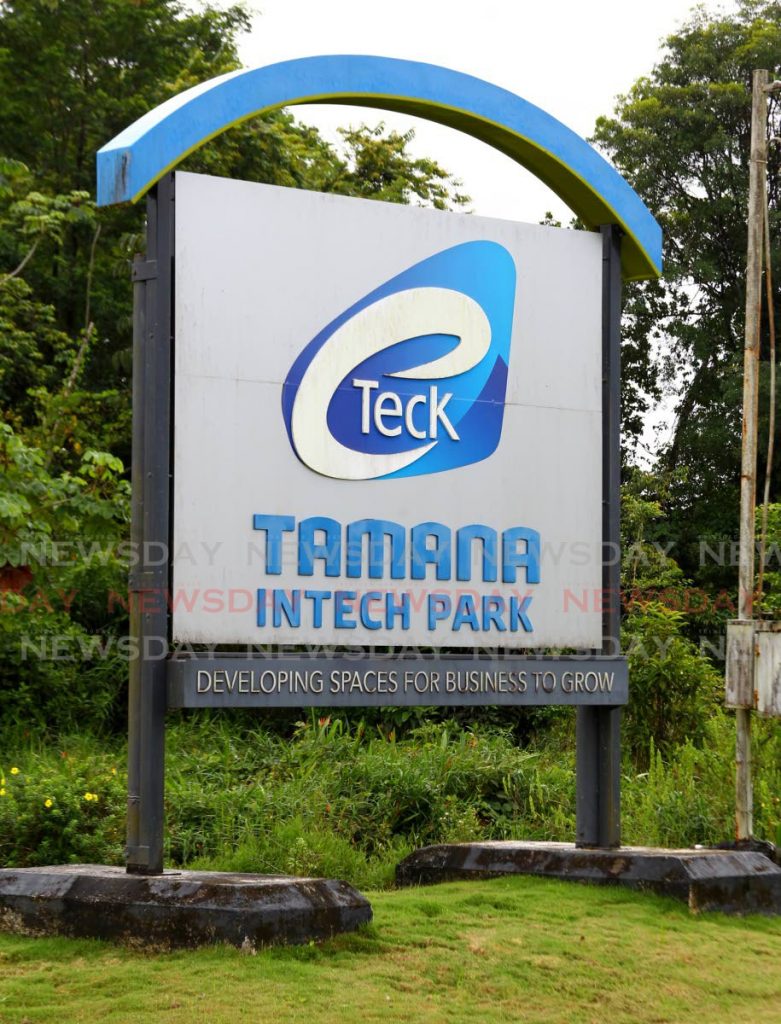Special trade zones, special problems

The Government has expressed a desire to overhaul the current regime of industrial parks and replace it with one regulated by a special economic zones authority.
However, plans are afoot to do this without much accountability as to what has and has not worked well with the current regime.
As much as a new system may well meet certain international standards and benchmarks, without understanding the mistakes of the past, new initiatives might be doomed to failure.
The aim of the new regime, according to the Government, is multifold. Special economic zones have been identified as a potentially useful means of generating economic activity and diversifying the economy.
The proposed authority will have responsibility for what has clearly been lacking in the current regime.
It would be charged with reviewing and assessing the performance of all special economic zones; formulating standards and prescribing codes of practice to be observed by operators in the zones; facilitating an enabling environment in these areas; developing the modern infrastructure required to attract foreign direct investment and stimulating domestic investment.
It is understood that draft legislation is already circulating between key state agencies and might appear on the Parliament’s legislative agenda later this year.
Any measure to bolster the global competitiveness of local manufacturing must be supported.
However, there are serious concerns over the capacity for corruption and abuse at industrial parks that are subject to concessionary arrangements.
In the first place, it is not clear how such concessions – which have included various forms of tax and duty discounts and holidays – have worked in the past and whether they remain justifiable in the current global environment. The arguments for and against “sweeteners” designed to attract foreign direct investment continue to be made, in the context of stymied local economic development and political considerations.
We have been told time and again that such concessions are integral in stimulating economic activity, providing jobs and building local capacity. And yet it is unclear if these types of arrangements get the balance right. Do we lose out more in the long run?
Indeed, tax holidays became a major point of contention between the last two government administrations in relation to the petrochemical sector.
There is also the question of the role reportedly played by special economic zones in the black-market trade as well as a range of criminal activities. Stakeholders in the manufacturing sector, such as the TT Manufacturers Association (TTMA) president Tricia Coosal, have expressed concerns about the lack of checks in free zones.
“What makes this new regime unique is the designation of different types of zones that accommodate various types of activities which are tied to our diversification agenda,” Trade Minister Paula Gopee-Scoon said in the budget debate. But what exactly does this mean? How does sorting zones by business type address the other issues?
The State has to avoid promulgating a new regime that looks no different from the current one. And it must convince us that what it plans to introduce will really and truly benefit the local economy, as opposed to simply giving away our patrimony to foreign businesses.


Comments
"Special trade zones, special problems"